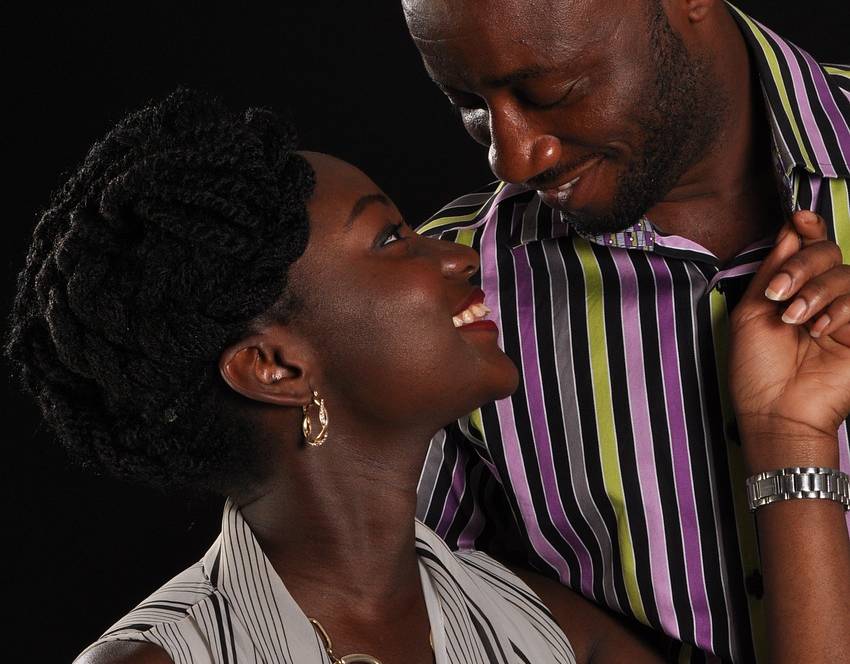Marriage is a beautiful relationship that requires effort, commitment, and communication. Communication is the foundation of any healthy relationship, and it plays a critical role in keeping a marriage strong and long-lasting. However, there are times when communication breaks down, and this can have a detrimental effect on the marriage. In this blog post, we will explore the common communication breaks in marriage and how to become good communicators in marriage.
Common Communication Breaks in Marriage
- Lack of Communication: Lack of communication is one of the most common communication breaks in marriage. It is the failure to share thoughts, feelings, and ideas with your partner. When there is a lack of communication, it can lead to misunderstandings, resentment, and distance in the relationship.
- Poor Listening: Poor listening is another communication break in marriage. When one partner is not actively listening to the other, it can lead to misunderstandings, miscommunication, and frustration. Poor listening can also make the other partner feel ignored and unimportant.
- Defensiveness: Defensiveness is a communication break that can be triggered by criticism, sarcasm, or blame. When one partner becomes defensive, it can lead to arguments, resentment, and emotional distance in the marriage.
- Stonewalling: Stonewalling is the act of withdrawing or shutting down emotionally during a conversation. It can be a response to feeling overwhelmed, frustrated, or defensive. Stonewalling can lead to a breakdown in communication and emotional distance in the marriage.
“Everyone should be quick to listen, slow to speak and slow to become angry.”
James 1:19-20
How to Become Good Communicators in Marriage
- Practice Active Listening: Active listening involves focusing your attention on your partner, being present in the moment, and acknowledging their feelings and thoughts. Practice active listening by asking questions, reflecting on what your partner is saying, and summarizing what you heard to ensure you understand.
- Use “I” Statements: “I” statements are an effective way to communicate your feelings without blaming or criticizing your partner. For example, instead of saying, “You never listen to me,” try saying, “I feel unheard when I don’t feel like you’re listening.”
- Avoid Defensiveness: When you feel defensive, take a break from the conversation and practice self-care. Use “I” statements to communicate your feelings and avoid blaming or criticizing your partner. Be open to feedback and consider the other person’s perspective.
- Take Responsibility: Taking responsibility for your actions, feelings, and thoughts is an essential part of effective communication. Acknowledge your mistakes and apologize when necessary. Be willing to compromise and find solutions together.
- Seek Professional Help: If you’re struggling with communication in your marriage, seek professional help. A licensed therapist can help you learn effective communication skills and work through any underlying issues that may be causing communication breaks in your marriage.
In conclusion, communication is a critical aspect of any marriage. When communication breaks down, it can lead to misunderstandings, resentment, and distance in the relationship. By practicing active listening, using “I” statements, avoiding defensiveness, taking responsibility, and seeking professional help, you can become a good communicator in your marriage and strengthen your relationship.




2 Comments
Shellie
Very interesting info!Perfect just what I was searching
for!Expand blog
Chris Ogee
Nice One